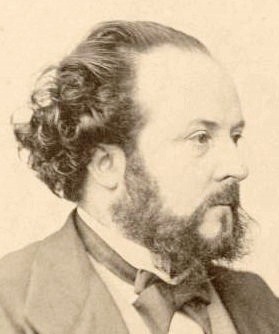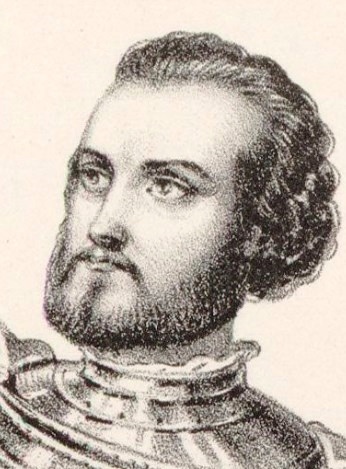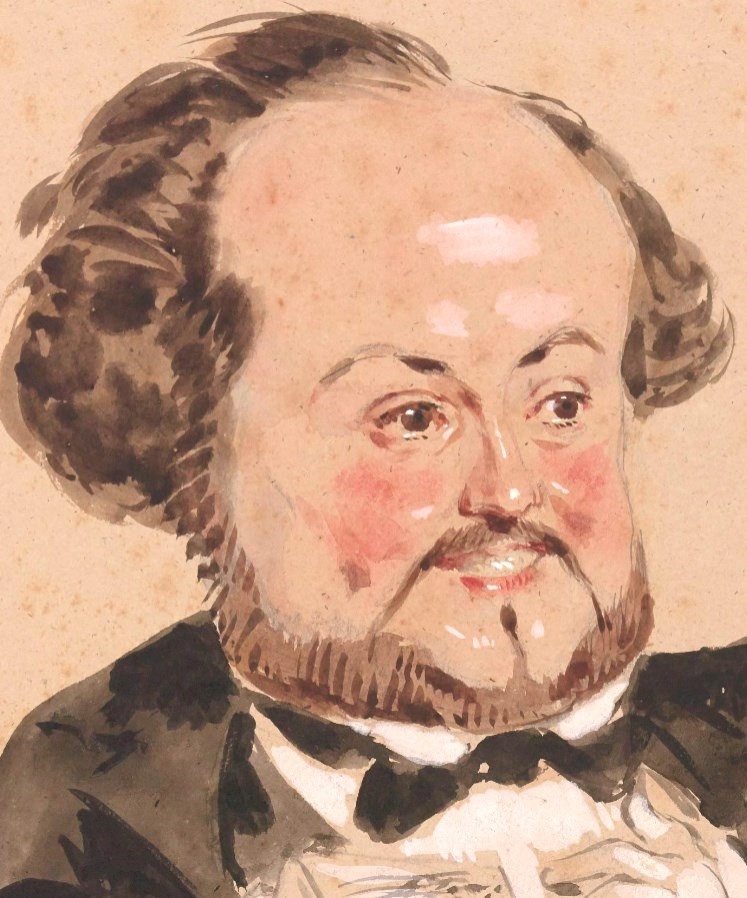Gustave-Hippolyte Roger (1815 -1879), tenor
1st image: Soirée, 2nd: photo by Petit (1850); 3rd:drawing by Lacauchie, acting in Meyerbeer's ‘Le Prophete’ (1849); 4th: caricature by Eugène Giraud (c. 1851). (Alternative: Franceschini)
Gustave Roger rose to musical stardom with his performance in Meyerbeer’s Le Prophète on April 16, 1849, alongside Pauline Viardot. His success made him one of the most sought-after tenors for musical events. He performed multiple times at de Nieuwerkerke’s vendredi-soirées, first appearing on February 7, 1851, where he sang Aria di Chiesa (1667) by composer Alessandro Stradella. He returned in February 1852 to perform Air de Joseph from Méhul’s opera, among many other subsequent appearances, occasionally sharing the stage with his teacher, Ponchard25.
Roger’s parents, of Irish descent, pressured him into notary studies, but he eventually escaped this path to pursue opera at the Conservatoire de Paris. A prize-winning tenor from the outset and a pupil of Ponchard, Roger earned widespread acclaim for his roles in operas by Auber56, Berlioz, Halévy19, and Meyerbeer76.
The third image shows Roger portraying Jean de Leyde in Le Prophète, a role Meyerbeer composed specifically for him. On April 16, 1852, he premiered Le Juif Errant (The Wandering Jew), an opera by Halévy and Scribe74, conducted by Narcisse Girard23. This performance marked a shift in the Parisian opera scene, as Roger replaced tenor Duprez21, whom the press had criticized for occupying the leading tenor position for too long. Nevertheless, in Soirée au Louvre, Roger’s presence appears less prominent than that of Duprez.
Roger toured Belgium, England, and Germany multiple times with great success. In 1859, he suffered a hunting accident that led to the loss of one arm. Despite this setback, he continued performing opera, aided by a prosthetic arm featuring an ingenious mechanism that allowed movement of his hand.
Later in life, Roger became a devoted advocate of Wagnerian opera.
In Giraud’s caricature, the inscription Ah! quel plaisir d’être soldat references a song Roger likely performed that evening. Although depicted in Soirée au Louvre alongside Duprez, it is improbable that they sang together at a vendredi-soirée. The press observed: Jalousie fait du bien à Roger, mais elle ne surpassera jamais la grandeur de son talent (Jealousy benefits Roger, but it will never surpass the height of his talent).



